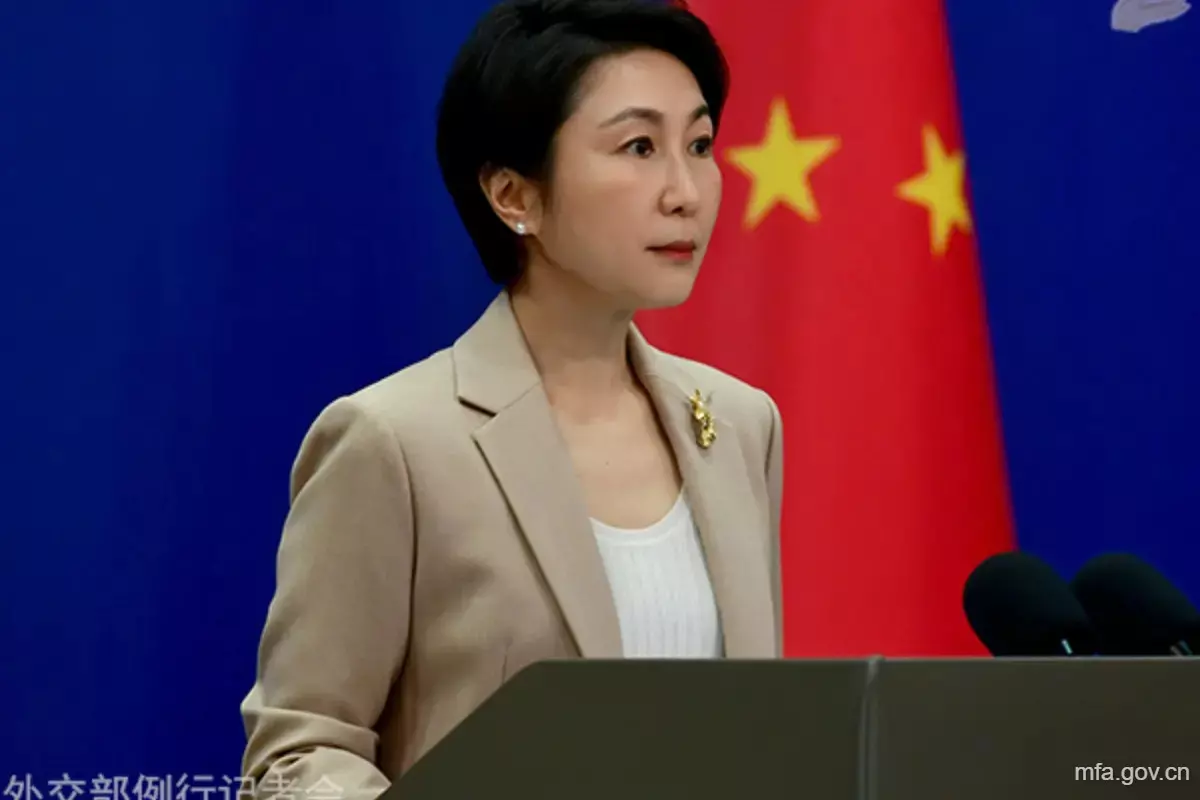China Pushes Back on India Minister’s Comments About Dalai Lama’s Reincarnation

China voiced strong concerns on Friday over remarks made by India’s Minority Affairs Minister, Kiren Rijiju, about the future incarnation of the Dalai Lama. Beijing urged India to tread carefully on Tibet-related matters, warning that such comments could impact the progress made in improving India-China relations.
At a media briefing, Chinese Foreign Ministry spokesperson Mao Ning responded to Rijiju’s statement by reminding India to recognize the “anti-China separatist” stance of the current 14th Dalai Lama and to honor its commitments on Tibet — which China calls Xizang.
Rijiju had said that the decision on who will become the next Dalai Lama should be made by Tibetan Buddhist authorities and the Dalai Lama himself, not by any external party. This was the first time a senior Indian official publicly commented on the Dalai Lama’s own recent statement about his successor.
The Dalai Lama, who recently turned 90, said that his institution will continue and only the Gaden Phodrang Trust—established by his office in 2015—has the authority to recognize his future reincarnation.
China strongly rejects this view and insists that any future Dalai Lama must be approved by Beijing.
Rijiju, who is a practicing Buddhist, is attending the Dalai Lama’s 90th birthday celebrations in Dharamshala on July 6, along with Union Minister Rajiv Ranjan Singh. Rijiju emphasized that the event is a religious occasion and not political.
Mao Ning reiterated China’s position that the reincarnation of the Dalai Lama and the Panchen Lama, the second-highest figure in Tibetan Buddhism, must follow strict religious rituals and historical traditions. This includes a formal search process, drawing lots from a “golden urn,” and most importantly, approval from the central government.
She pointed out that the current Dalai Lama himself went through this process and was approved by the Chinese government at that time.
China insists future reincarnations must continue to follow these rules, along with Chinese laws and regulations.
Mao’s comments came against the backdrop of ongoing efforts to improve ties between India and China after a long freeze following the border standoff in Eastern Ladakh. Relations started to thaw after a meeting between Prime Minister Narendra Modi and Chinese President Xi Jinping at last year’s BRICS Summit in Russia, followed by several high-level talks.
One sign of warming ties has been the recent reopening of the Kailash Mansarovar pilgrimage route for Indian devotees — a move seen as a positive step toward normalizing relations between the two neighbors.
